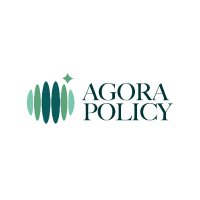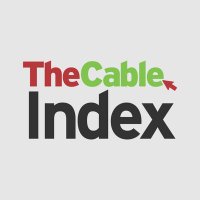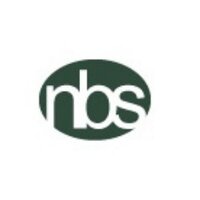
Agora Policy
@agorapolicy
A Nigerian think tank committed to finding practical solutions to urgent national challenges.
Email: [email protected]
ID: 1541800959378063361
http://www.agorapolicy.org 28-06-2022 15:09:57
1,1K Tweet
2,2K Followers
282 Following


.Agora Policy: Petrol subsidy bill to reach all-time high in 2024 | TheCable thecable.ng/agora-policy-p…


With the 2011 trend & unwillingness to prosecute the criminals, Presidency Nigeria woke up on Jan 1, 2012 to announce subsidy removal. #OccupyNigeria started.😑 Fast forward 12 years. Subsidy is supposedly removed but numbers don't lie. What happens next?🤔





Just look at this impressive chart by BudgIT Nigeria. Check revenue vs. expenditure; and revenue vs. debt service. Also, compare projected revenue to actual.



🚨Prices of selected food items NBS Nigeria data shows prices of selected food items rose by big margins year-on-year, with brown beans the highest at 263%. 2. Month-on-month presents a mixed picture: the price of tomatoes fell by 26% while that of brown beans increased by 6%.



🚨National average price for petrol According to data from NBS Nigeria, this is what a chart of Nigeria's national average price for petrol over a 20-month period looks like 👇



🚨Uptick in trade surplus Latest trade data from NBS Nigeria shows Nigeria's exports strongly outpacing imports since Q3, 2023. Also, exports as a portion of total trade rose from 49% in Q1, 2022 to 61% in Q2, 2024. What's at play here: impact of devaluation or trade reforms?




